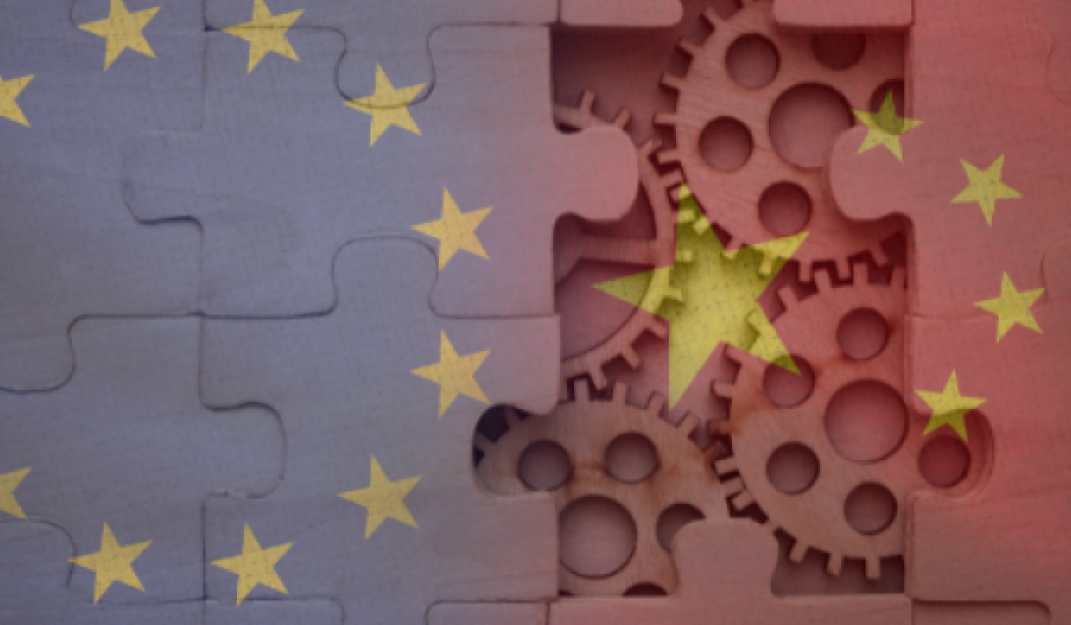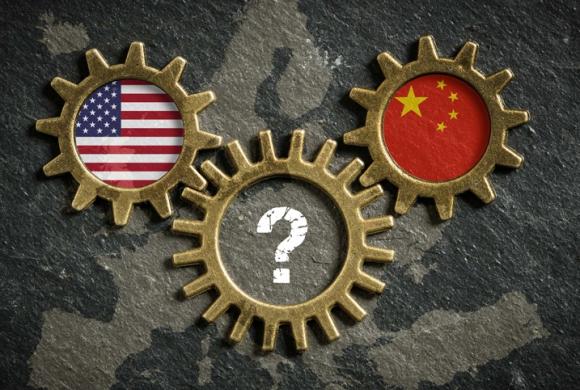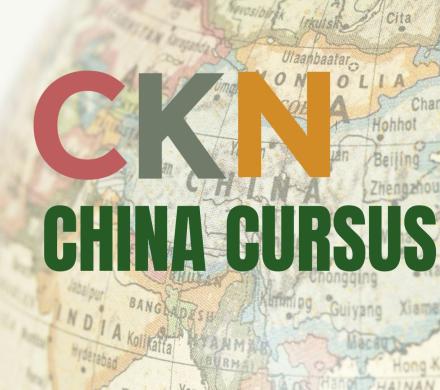Dependence in Europe's Relations with China

Weighing Perceptions and Reality
This report is a publication by the European Think-tank Network on China (ETNC), a gathering of China experts from various European research institutes.
• For the eighth report since its inception in 2014, the European Think-tank Network on China (ETNC) brings together analysis on 18 countries plus the European Union to examine how dependencies on China are presented in European public and policy-level debates, and how the notion shapes policymaking in each case.
• Indeed, the idea that Europe has grown dependent on China has become a common refrain across the continent. The chapters that follow provide substance, and in some cases nuance, to these discussions, contributing a much-needed, “bottom-up” perspective on an intensifying European debate.
• A cross-cutting analysis of the chapters reveals that there is a broad diversity in the content and intensity of public debate and in the policy-level assessment and understanding of dependencies on China across Europe. In some countries, the issue is treated both as a significant concern in the public debate and a significant priority at the policymaking level. For others it is significant at one level but not the other, and in still other countries there is a limited, or even lacking discussion on this topic, both among the general public and in policymaking debates.
• The concept of dependence is in many ways closely associated with Europe’s broader debate on building greater resilience, reinforcing sovereignty and striving for a degree of (open) strategic autonomy. These debates are not associated exclusively, or even primarily with China. In many ways they are representative of a broader internal reflection of how Europe relates to the process of globalization, and how it sees its place in the world.
• In this context, managing relations with the United States, particularly as strategic rivalry between Washington and Beijing becomes ever more prevalent, is one primary concern. Another, more pressing concern for Europeans is dependencies on Russia, particularly considering Moscow’s war in Ukraine.
• Much of the research and analysis done in this report preceded Russia’s invasion of its western neighbor, but the ensuing events are already restructuring how Europeans understand the notion of dependence and vulnerability. As such, Europe’s relations with China will necessarily be impacted, particularly as China positions itself relative to Europe’s shifting geopolitical context.
• A robust body of work is being done by EU institutions to understand Europe’s dependencies and craft policies to address them at the macro level. While written independently, our report makes a qualitative complement to this ongoing work.
• A striking observation from our country-level analysis is that beyond the EU institutions, surprisingly few states have made concerted efforts to assess their dependencies with any degree of depth.
• In only a quarter of countries observed has there been a significant level of public debate coupled with concerted policy-level action to both understand and address issues around dependence.
• Europe’s discussion of its own dependencies on China has evolved through a series of “wake-up calls”, or moments of revelation about national and European relations with China. In particular, the Covid-19 pandemic has been an important watershed in the public debate on dependence, vulnerability and resilience.
• Yet, such dependencies do not affect all countries equally, and many chapters below suggest that the concerns may in some cases be overblown (whether intentionally or unintentionally). More needs to be done at the national level to assess strategic vulnerabilities in a broad sense.
• While some national governments have indeed made the question of managing dependencies and bolstering resilience a priority, there is a strengthening consensus that these issues need to be managed at the European level—a consensus that has not always been clear.
• Still, there should be no illusion that adherence to Brussels’ direction is consistent throughout the twenty-seven member states, nor that all member states who follow that direction apply it in the same manner.
• Europe today is clearly in the midst of searching for a balance between openness and security—between yielding the benefits of interdependence and reducing the vulnerabilities of dependence. This is not a process that is solely about China, but it is nevertheless one that will fundamentally impact relations with it.
• One challenge in assessing “strategic” dependence is that what is identified as strategic depends very much on domestic economic, social and political priorities. It therefore needs to be assessed locally. Guidance from the EU could go a long way in facilitating this reflection, but national ownership is also key.
Edited by: John Seaman, Francesca Ghiretti, Lucas Erlbacher, Xiaoxue Martin and Miguel Otero-Iglesias

Clingendael Institute
Clingendael is an independent think tank and a diplomatic academy, based in The Hague - City of Peace and Justice. We aim to contribute to a secure, sustainable and just world through our analyses, training and public debate. We work with partners across public and private sectors, including policymakers, members of the armed forces, diplomats, politicians and business executives.




